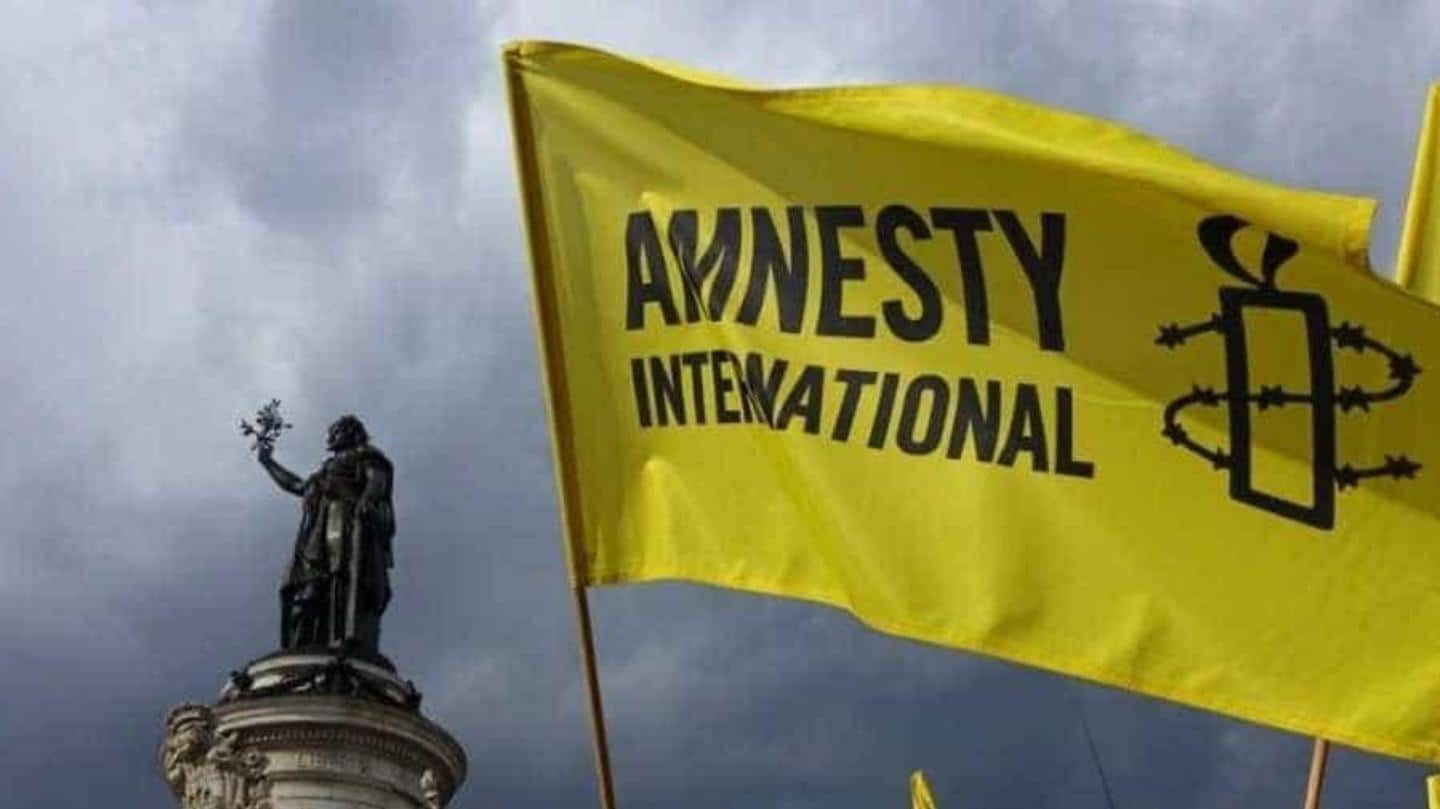
Here's what Amnesty really said about the Pegasus controversy
What's the story
Global human rights group Amnesty International said in an official statement that it fully stands by the findings of the Pegasus Project.
The statement came after several media reports said Amnesty had distanced itself from the investigation and claimed that the list of leaked phone numbers was not directly related to the Pegasus spyware.
Here are more details on this.
Statement
'False rumors are being pushed on social media'
In an official statement published on Thursday, Amnesty slammed the "false allegations" and "incorrect media stories."
"Amnesty International categorically stands by the findings of the Pegasus Project, and that the data is irrefutably linked to potential targets of NSO Group's Pegasus spyware. The false rumors being pushed on social media are intended to distract from the widespread unlawful targeting of journalists, activists and others."
Report
Yesterday, a purported statement by Amnesty was circulated
Yesterday, several media organizations had carried a translated version of a Hebrew statement from Amnesty International.
According to that statement, Amnesty said it never claimed the list of leaked phone numbers were actually spied on.
"Amnesty International has never presented this list as 'NSO's Pegasus Spyware List,' although some of the world's media may have done so," that statement read.
Quote
What did the viral statement say?
"Amnesty, and the investigative journalists and media outlets they work with, made it clear from the outset in very clear language that this is a list of numbers marked as numbers of interest to NSO customers," the purported statement read.
The statement was widely shared by government's officials and supporters to discredit the Pegasus investigation.
It was later reported the statement had been misinterpreted.
Scandal
Thousands of officials, journalists were allegedly spied on
A sensational list of 50,000 mobile numbers was released over the weekend by international media organization such as The Guardian and India's The Wire.
It contained the numbers of over 300 Indian government officials, Opposition leaders, activists, and journalists, who were allegedly targeted between 2018 and 2019.
Numbers of Congress leader Rahul Gandhi and election strategist Prashant Kishor were also part of the list.
Response
Indian government has denied involvement in scandal
The Indian government has denied any involvement in the scandal.
Union IT Minister Ashwini Vaishnaw said the controversy is an "attempt to malign the Indian democracy and its well-established institutions." He contended that any form of illegal surveillance is not possible in India.
Meanwhile, Union Home Minister Amit Shah termed it a report "by disrupters for the obstructers."
Developers
NSO Group also said the allegations are false
The NSO Group, which developed the Pegasus spyware and says it is only available to government authorities to check crime and terrorism, has also rubbished the allegations.
"The numbers in the list are not related to NSO Group. Any claim that a name in the list is necessarily related to a Pegasus target or Pegasus potential target is erroneous and false," the company said.